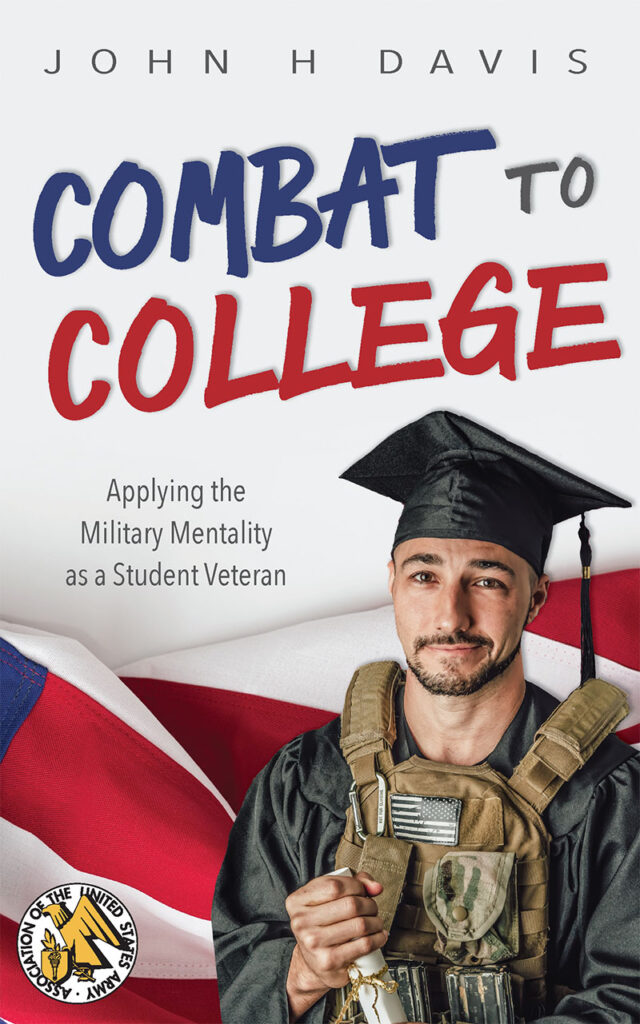An Excerpt of Combat to College
I went back to college at almost thirty years of age. As I looked around at all the other students perfectly in place with their laptops, fresh faces, and coffee cups, I felt like I had crash-landed on another planet. I had a notebook from Staples and a shaved head from the Army. I also had a beard and a lot of tattoos, but the rest of the class didn’t look old enough for either of those things. One student with a “Bush did 9/11” sticker on his computer told me that he didn’t, in fact, look down on me for being in the Army. I yelled, “Shut the hell up. I was killing people in Afghanistan when you were learning to read.” The other students recoiled, and the professor looked at me like I was the devil incarnate.
My second week in college wasn’t any better. Like a lot of veterans, I occasionally lose my hearing and get a ringing in my ears, courtesy of a roadside bomb. Just my luck, this happened as the professor asked me a question, and all I could do was point at my ear and try to apologize. He responded by talking slower and gesturing with his hands like he was communicating with a child. I yelled, “I can’t fucking hear you, man! Stop talking to me!” I could hardly even hear myself speak. I looked around for support, but all I got were looks that clearly said, “You belong in a mental institution.” I was the only veteran there, and I was alone. Looking back, I see that I embarrassed not only these students and my professor but also myself, my fellow veterans, and the military.
When I entered that college campus, I felt like an alien. As a combat veteran, I was in my element throwing grenades, getting shot at, or yelling at people. I was used to hardship, facing desert heat, and not showering for weeks at a time. I wore combat boots on my feet, not dress shoes. I felt out of place in libraries, classrooms, and Starbucks. Outwardly, I projected that I knew exactly what I was doing, but inwardly, I had serious doubts about myself and my academic abilities. I was scared— more scared, even, than I was in my first combat experience, but in a different way. I was terrified of failure. I sat in that classroom not knowing anything, feeling lost and out of place. The unknown is unsettling, and I didn’t know what I was in for as a student veteran. I had the illusion that students in universities were just smarter people than me. They belonged there; I didn’t. I was only there because of the GI Bill.
Even scarier—I had no backup plan. I had already flunked out of two community colleges in two different states before enrolling in the military, and ten years later, I had even more obstacles standing between me and that diploma. If college didn’t work out this go-around, I would be screwed. I clearly had issues. There was no way I could have endured semester after semester acting like I was, feeling misunderstood by professors and students. So I thought I had to reinvent myself to succeed. If I wanted to wear the cap and gown, I’d have to go from badass soldier to studious college student.
I had mastered so many technical skills in the Army, but they were worthless in academic settings. I wouldn’t be shooting machine guns or jumping out of airplanes in lecture halls. I was used to the rigid, structured life of the military, and college felt like chaos. Over fifty percent of student veterans have service-connected disabilities, and I was one of them. But that wasn’t all the military gave me. It gave me resiliency, a value system, and the drive to win. I knew how to work hard, be on | MISSION BRIEF 3 time, and hold myself to a high standard. I felt more mature—or at least more experienced—than my classmates. I knew how to be a member of a winning team, and I was willing to pay any price to accomplish a mission. Could the hard-won skills I had gained in the military transfer to my new college environment? I was, and always will be, a soldier. I couldn’t downplay my military identity; it was all I knew for so long. I realized I didn’t need to completely reinvent who I was. I could find a way to be both a badass soldier and a studious college student. In my frustration, I had been so focused on my disadvantages that I couldn’t see the edge my military background could provide.

